“We need the historian and philosopher to give us with trenchant pen, the story of our forefathers, and let our soul and body, with phosphorescent light, brighten the chasm that separates us. We should cling to them just as blood is thicker than water.”―Arturo Schomburg, legendary historian, archivist, and Kappa Man
January 5, 1911—κ α ψ was founded
Over the past few decades, as vestiges of overt discrimination have either vanished or become covert, a question that is occasionally asked in the public square is whether Black Greek Letter Organizations are still relevant in the comically coined “post-racial era.” My simple reply is "of course," and as a proud member of Kappa Alpha Psi Fraternity, Incorporated, which celebrates its 111th anniversary today, I go even further and add that Kappa and other BGLO's are needed more than ever in the present age when racist wolves often appear in ally sheep's clothing!
For those who are not familiar with BGLO's in general, and Kappa specifically, your unfamiliarity is due to the failure of mainstream history courses—and the mainstream media—to chronicle the achievements of Black people beyond rudimentary facts about slavery, Jim Crow, and the Civil Rights Movement. That unfamiliarity makes it easy for some to conclude that BGLO's are "elitist" institutions that are more concerned with hazing and frivolity, than organizing men and women into a common cause of excelling in one's chosen endeavor—while providing meaningful service to one's community.
In fact, for every three headlines that heralds some incident of hazing, there are few to no articles highlighting the past and present efforts of BGLO members to perfect this wholly imperfect Union called "America."
To that end, as to Kappa Alpha Psi, I submit that our organization was not founded primarily for bacchinallian purposes; its founding purpose was to unite college men to honorably pursue "Achievement in Every Field of Human Endeavor."
You see, back in 1911, this purpose was no small task as few Black men (or women) were able to actually matriculate at any college, including the many Historically Black Colleges and Universities that were located mostly in the Deep South. In the State of Indiana, even fewer Blacks attended college, thus, the decision of ten Black men, led by Elder Watson Diggs, to form a Bond and charter the Kappa Alpha Nu Fraternity on the Indiana University campus was not only a bold step—it was a necessary step for their literal survival. Lest we forget that barely 15 years before Kappa was founded, the U.S. Supreme Court issued its Plessy vs. Ferguson decision that established Jim Crow segregation as the supreme law of the land; what is often lost in translation today is that Jim Crow was not just relegated to the South, but was prevalent in parts of the North and Midwest.
It is also critical to note that when the Ku Klux Klan was reestablished in Georgia in 1915, by 1925, the State of Indiana had more Klan members than any other state in the Union, replete with having half of its state assembly and a sitting governor as card carrying members. Such makes it easier to understand the extremely intemperate racial climate that Kappa's Founders found on the IU campus, one that was so deplorable that our original Greek letters of K-A-N soon found white students mocking the Founders as "Kappa Alpha Nig”—for "nigger." To counter these racist slights, in late 1914, the membership changed the name to Kappa Alpha Psi, with the distinct Psi symbol also serving as a reminder of its founding at IU.
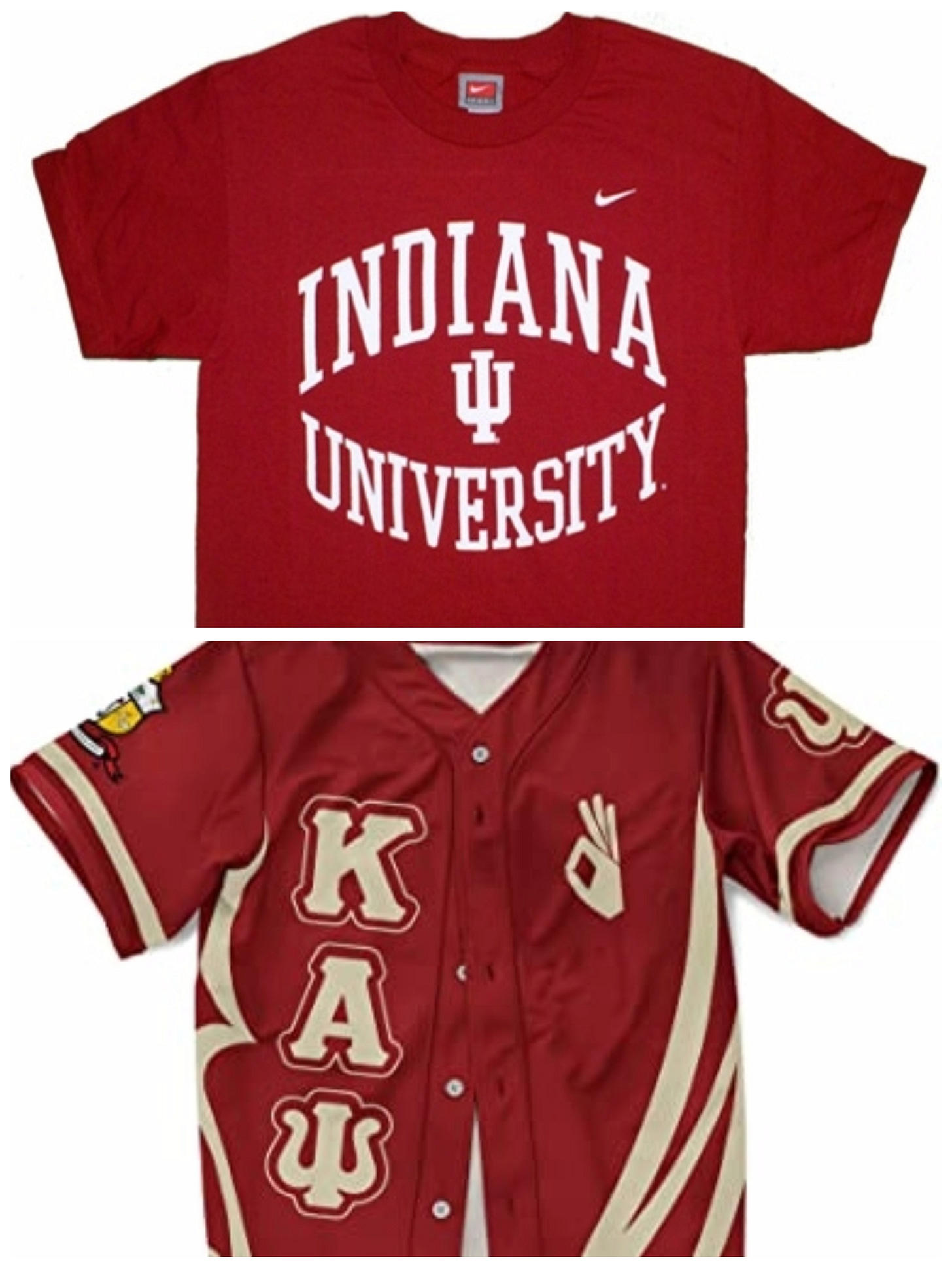
As the fraternity grew in membership, it also grew in stature as over the past 111 years, some of the most influential men in American history have been members, including several of my personal idols like:
The late Robert Sengstacke Abbott, a lawyer and writer who established the Chicago Defender as the number one black newspaper in the world in the 1920's.
The late Lerone Bennett, Morehouse Man, historian, and Editor Emeritus of Ebony/Jet magazines.
The late Johnnie Cochran, trial lawyer extraordinaire and civil rights activist.
Among other notable past and present Kappa Men include Arturo Schomburg, noted historian and archivist; Rev. Ralph Abernathy, civil rights leader; General Daniel "Chappie" James, first Black 4-Star General; U.S. Representatives Sanford Bishop (D-Ga), Al Lawson (D-Fl), Hakeem Jeffries (D-NY), the late John Conyers (D-Mich) and Alcee Hastings (D-Fl); Florida Lottery Secretary John Davis and Enterprise Florida CEO Jamal Sowell; Actors Max “Goldie” Julien, Whitman Mayo, and Director John Singleton; comedian Cedric the Entertainer and singer Montell Jordan; Tennis legend Arthur Ashe; NBA legends Bill Russell, Wilt Chamberlain and Oscar Roberston; NFL legends Lem Barney and Gale Sayers; coaching giants C. Felton “Zip” Gayles (Morehouse), John Chaney (Temple), Leonard Hamilton (Florida State), Billy Joe (Central State/Florida A&M), and Mike Tomlin (Pittsburgh Steelers).
More important than notoriety, however, is the amount of service that Kappa Men incorporate through our Guide Right program and Kappa Leagues that assist middle and high school aged boys on their journeys to manhood, among other philanthropic pursuits.
As such, I lift "a cup of joy and health" to my fellow members around the world as we reflect upon where our organization has been—and where it must go in the days ahead!
As Covid won’t allow Ol’ Hobbs to participate in activities this year, I leave you today with a few reminisces of me and some good Nupes from ages past:
Last, may my father Charles (Alpha Xi, Fall ‘62) and Uncle Rudy Cambridge (Miami Alumni, Spr. 71), rest in eternal peace along “those Golden Shores.”
Thank you for subscribing to the Hobbservation Point—have a wonderful Wednesday!

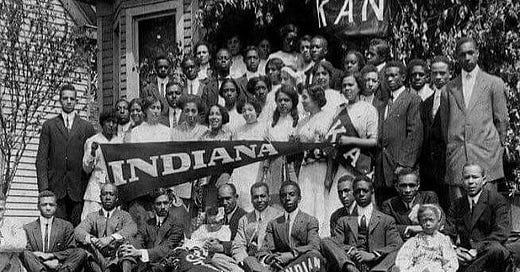



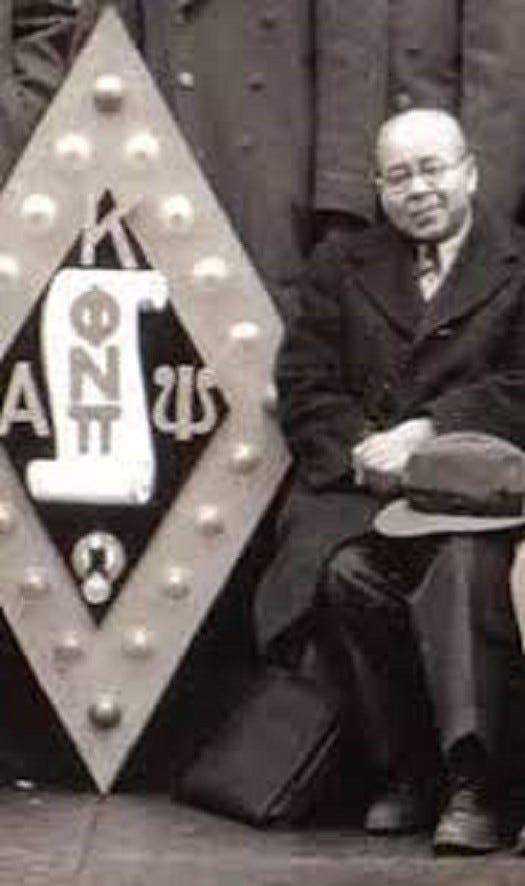

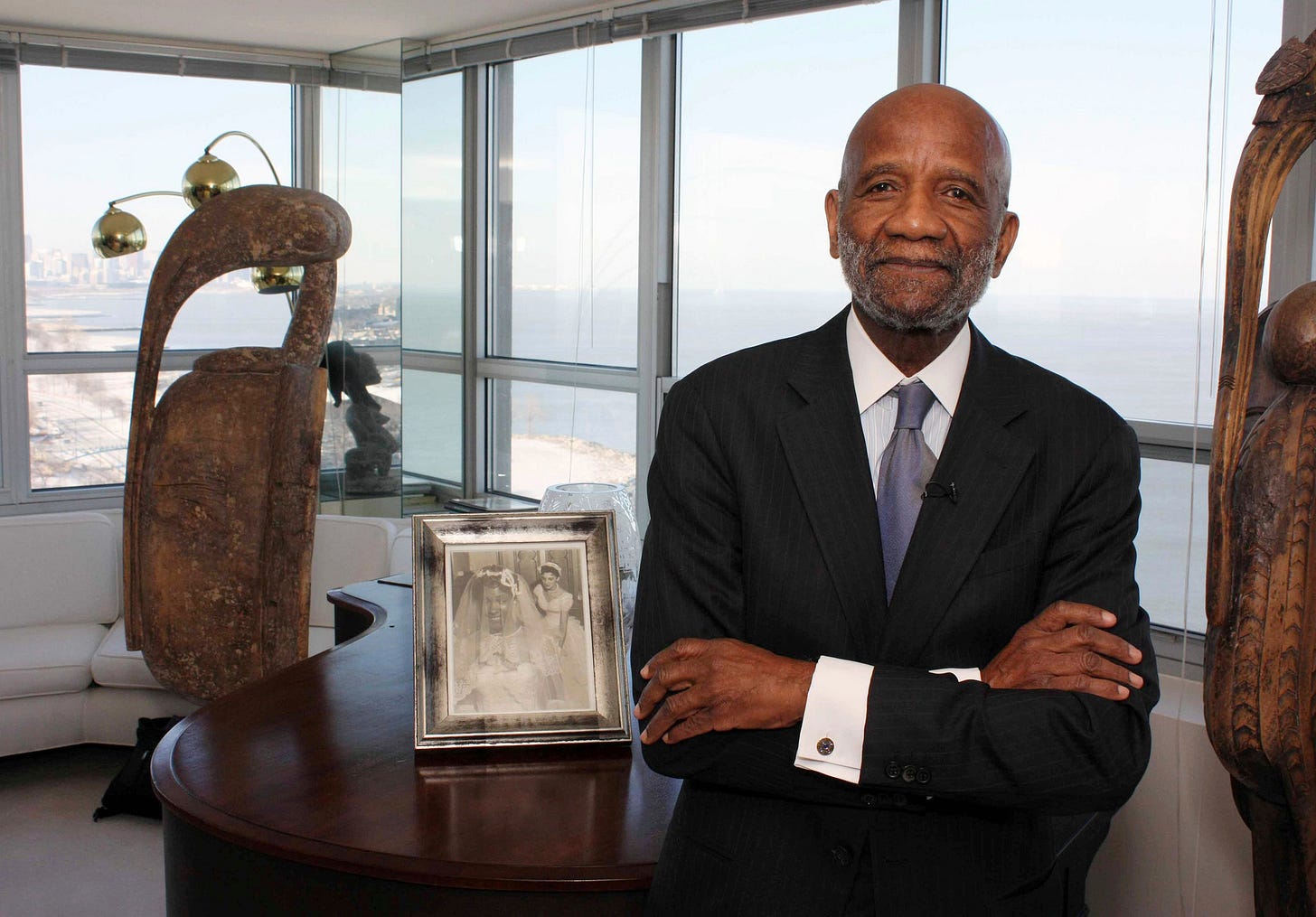

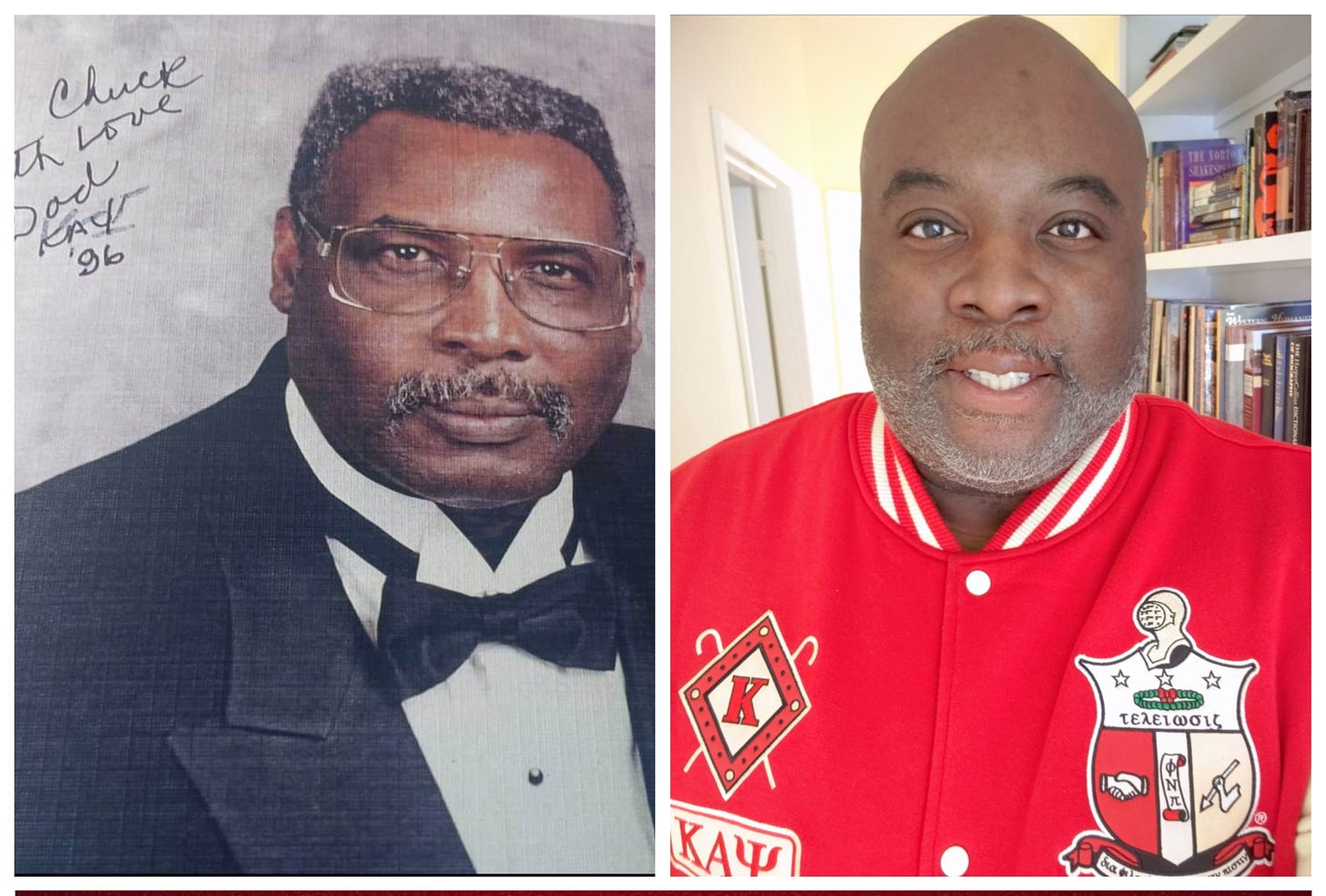
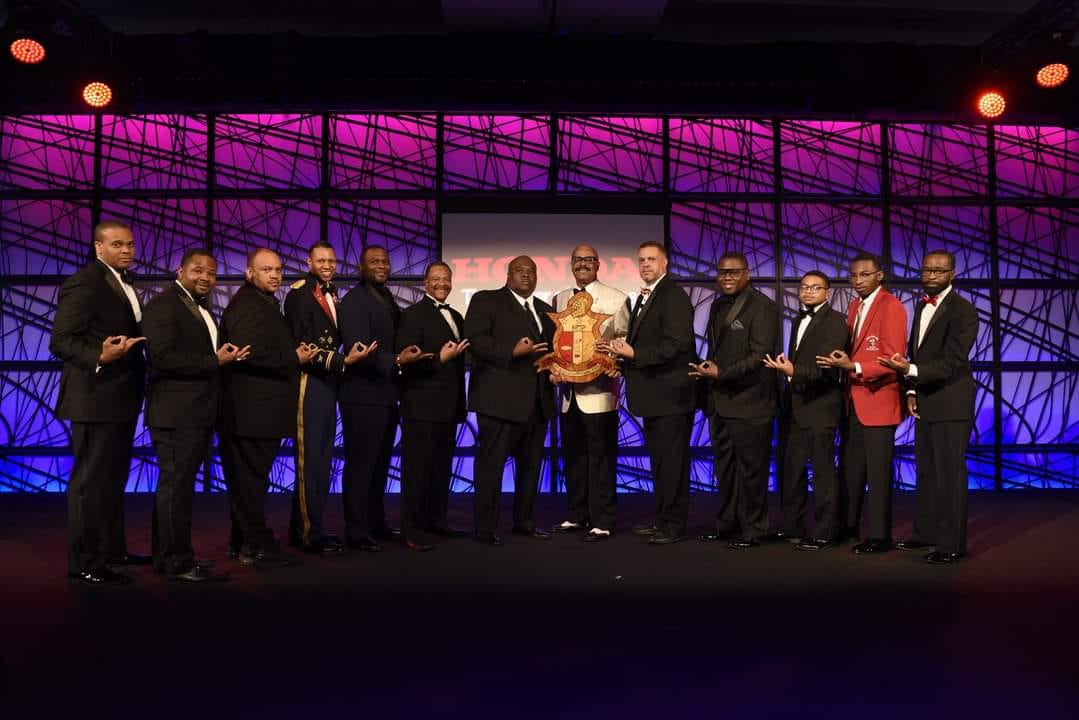
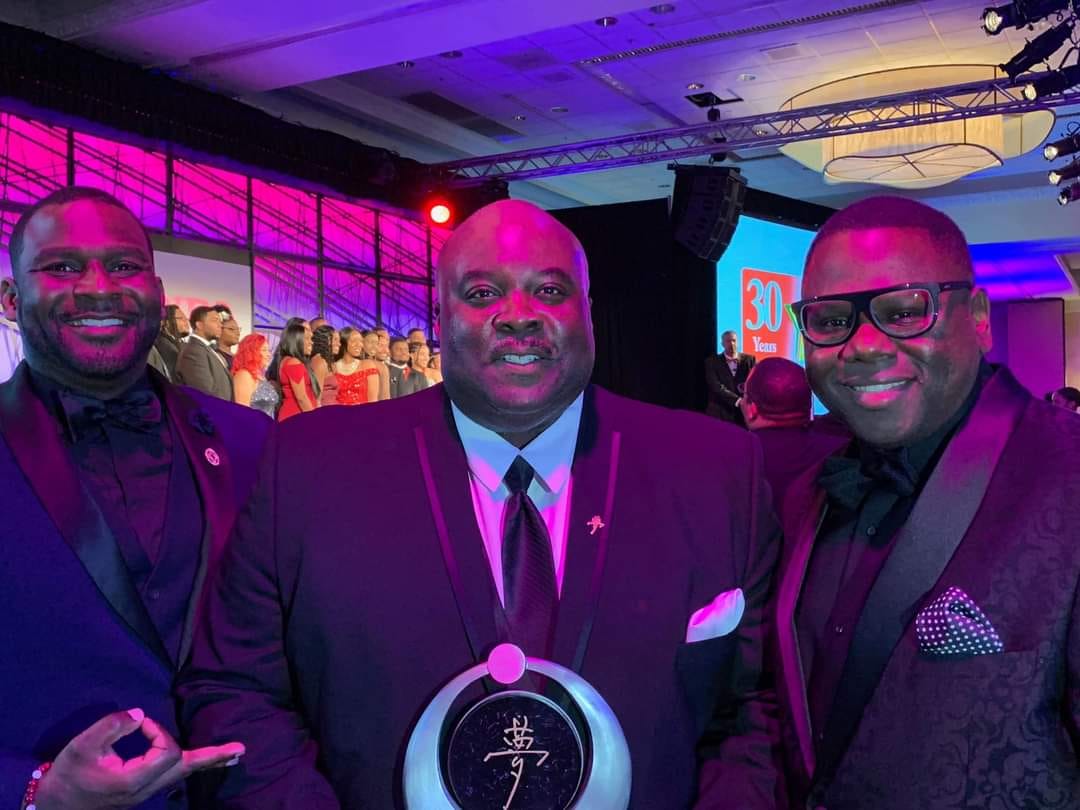

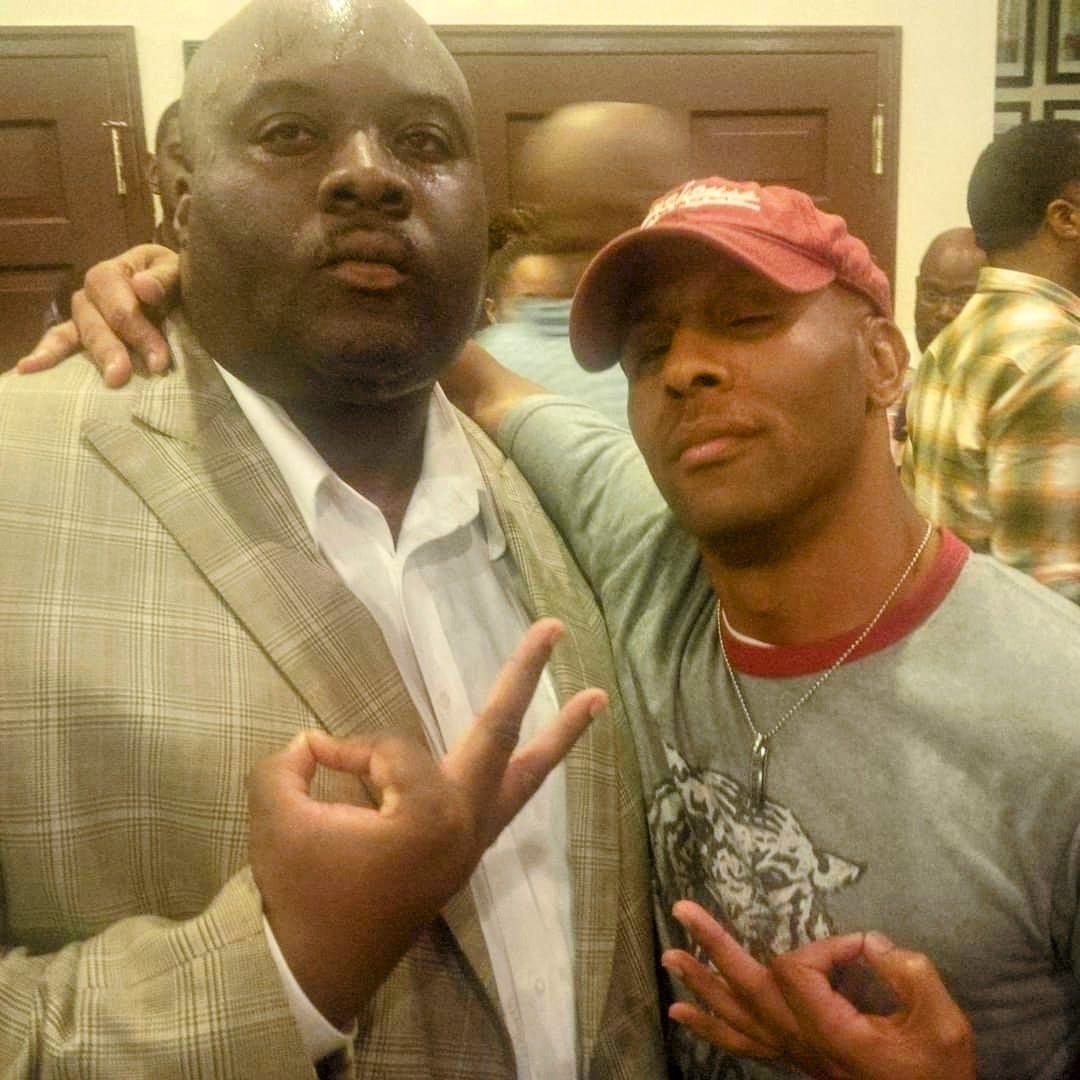





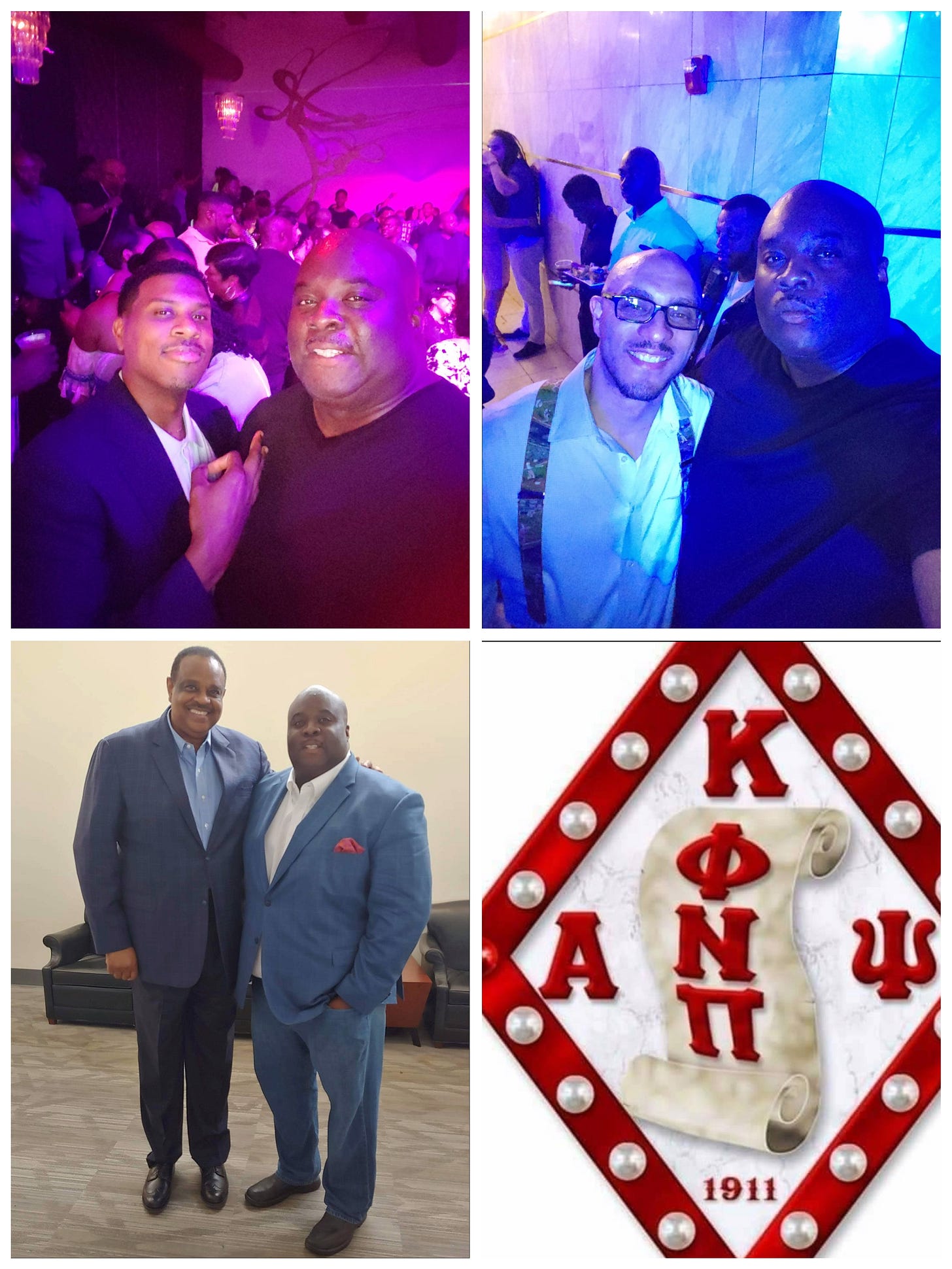

I hope you had a Happy Founders Day!
Happy Founders’ Day Cuz!